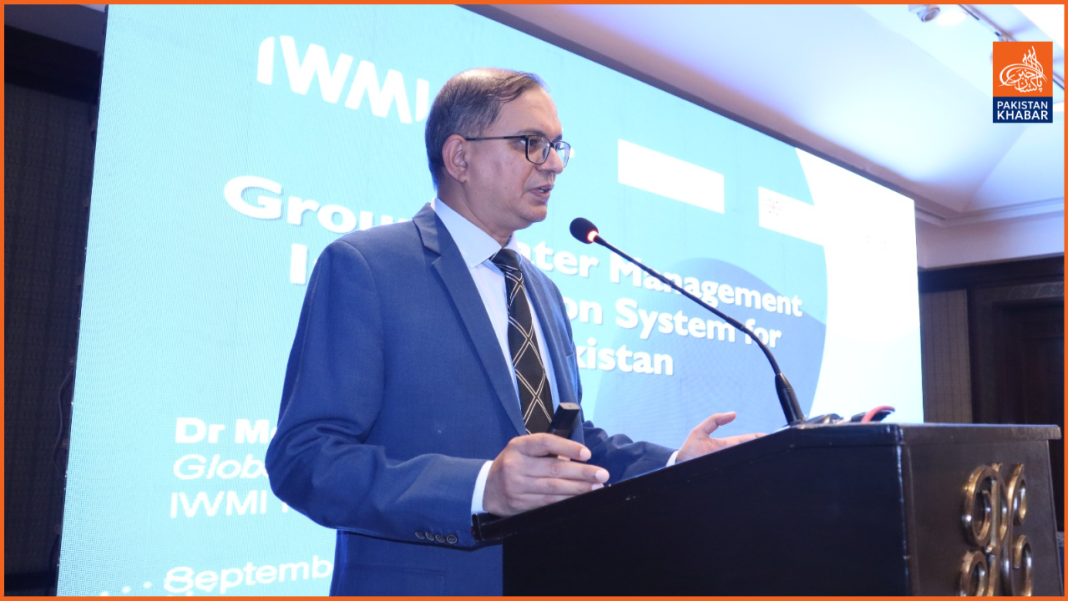A study by the International Water Management Institute (IWMI) examines the impact of climate-induced disasters on marginalized communities in regions such as Sindh, Balochistan, and south Punjab. The study highlights the lack of reliable data on climate migration, leaving these communities largely excluded from national policies, making this research crucial for evidence-based decision-making.
Part of the CGIAR Initiative on Fragility, Conflict, and Migration (FCM), the study focuses on climate migrants and displaced persons in Rahim Yar Khan, a district severely affected by the 2022 floods and past droughts.
IWMI held a multi-stakeholder workshop in Lahore with government officials, researchers, civil society representatives, and development partners to discuss the findings.
Dr. Mohsin Hafeez, IWMI’s director of water, food, and ecosystems, stressed the urgency of addressing these challenges. He stated, “Climate change is not just an environmental issue—it’s a socio-economic crisis impacting livelihoods, food security, and human well-being. This workshop aims to foster dialogue and create adaptive policies to protect vulnerable communities.”
The event also featured the presentation of a Climate Change Vulnerability Index (CCVI), based on data from the Benazir Income Support Programme (BISP). The index provides a socio-economic and climatic profile of Rahim Yar Khan, helping to identify the district’s vulnerabilities. Participants encouraged IWMI to replicate the index in other districts for comparative insights and policy improvement.
The study highlights the compounded challenges faced by vulnerable families, including home and livelihood losses, rising living costs, and severe food insecurity, with nearly 90% of households reporting moderate to severe food insecurity. Access to clean water and sanitation was also significantly limited, with 50% of respondents categorized as water insecure, and 70% relying on inadequate sanitation facilities.
Women and girls have been disproportionately affected, facing higher levels of food and water insecurity and an increased prevalence of waterborne illnesses. Participants recommended incorporating climate-migration issues into educational curricula to raise awareness and engage youth in community-level data collection. Civil society groups expressed interest in collaborating with IWMI to turn research findings into actionable solutions for affected communities.
Rescue 1122 officials shared their efforts in establishing Community Emergency Response Teams (CERTs) across Punjab and discussed integrating IWMI’s findings into their training programs.
In closing, Mr. Faisal Fareed, former Director General of the Provincial Disaster Management Authority, Punjab, praised the study’s importance, noting, “This study has given us valuable insights. Previously, I didn’t recognize the severity of the migrant and displacement issues in Rahim Yar Khan. Now, I see pressing challenges that must be addressed to support these vulnerable communities. These findings can help inform district disaster management plans and national strategies.”
This workshop is part of IWMI’s ongoing effort to share research and gather feedback through consultations, with the final session scheduled in Islamabad.




